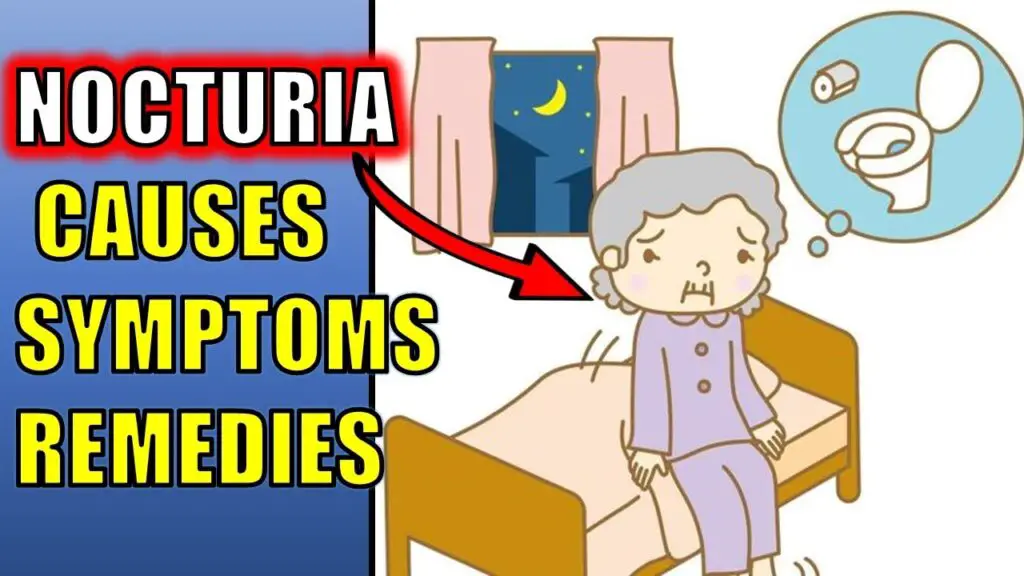Nocturia can be an extremely inconvenient condition that causes a person to wake up repeatedly in the middle of the night with an urgent need to urinate. This can disrupt sleeping patterns and increase your chance of developing sleep disorders, such as insomnia or sleep apnea.
Nocturia is more common in older people and occurs in both men and women, and can happen for a number of different reasons. There are different types of Nocturia, discussed below:
Polyuria is a condition where you'll typically urinate more than three liters in twenty-four hours. This is caused by glucose pulling water out of the urine, or by too much water being filtered out by your kidneys.
Nocturnal polyuria occurs when you only experience a high volume of urine at night. People with nocturnal polyuria experience little volume of urine during the day, usually due to fluid retention in the lower extremities.
Finally, nocturnal urinary frequency is a condition in which your total amount of urine is the same, but you'll urinate at a higher frequency. This can be due to your bladder being unable to empty completely, bladder inflammation, or sleep apnea.
It is important to discover the root cause of nocturia and ultimately improve your sleep quality, as sleep deprivation increases the risk of high blood pressure, diabetes, stroke, heart disease, obesity and depression.
What Are the Symptoms Of Nocturia?
Nocturia, or frequent urination, is categorized by waking up more than once in the night to go to the bathroom, and sleep disruption that results in fatigue.
Our bodies typically produce around one to one and a half liters of urine each day. Our bladders hold urine until we are ready to urinate. We know we're ready to urinate because the brain sends signals to the bladder, causing it to contract.
We should be able to sleep through the night without needing to take multiple trips to the bathroom. If you're taking two or more trips, that's a sign you're dealing with nocturia.
Because multiple bathroom trips interfere with sleep, nocturia may become a severe problem that needs to be treated by a medical professional. Nocturia can cause fatigue-related accidents and interrupted sleep increases the risk for many illnesses and conditions.
Your doctor may ask how many times you need to urinate in the middle of the night, the volume of urine being voided, how much caffeine you typically drink, how much alcohol you typically drink, and if your frequent urination is causing sleep deprivation.
What Are The Causes Of Nocturia?

Nocturia may be caused by many things. A main cause of nocturia, however, is increased fluid intake. Drinking high amounts of caffeine or alcohol before bed may cause nocturia, as both liquids act as diuretics.
A diuretic is a substance that increases the production of urine. This causes our brain to send a signal to the bladder that we need to urinate more frequently. This is a common experience for people who drink a lot of caffeine or who binge-drink alcohol and find themselves needing to frequent the toilet more than usual.
Occasionally, we can find ourselves in a pattern of needing the toilet in the middle of the night. If your nighttime toilet visits have become a routine, your brain may wake you up and disrupt your sleep to continue this routine. It's important to talk to your doctor if you think this may be the case.
Medications may increase the amount of urine produced or cause the need to urinate at night.
Underlying Health Conditions
Some underlying health conditions may be responsible for nocturia. It's wise to talk with your doctor if you believe one or more of these is causing nocturia and disrupting your sleep.
Diabetes
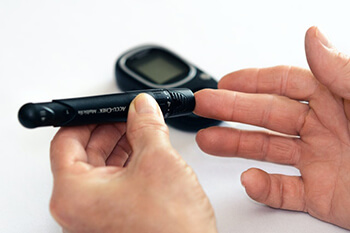
Having consistent high blood sugar may cause a urinary tract infection. Urinary tract infections cause a sensation of needing to consistently urinate, even if there's no urine within the body. People with diabetes may also suffer from nocturia due to the need to get rid of excess glucose. The kidneys may work through the night and produce more urine, causing the need to urinate at night.
Bladder Stones
Bladder stones, much like kidney stones, are hard lumps formed of minerals that are held within the bladder. This is usually due to the bladder not being fully emptied of urine. People with bladder stones may feel pain when urinating as well as a frequent urge to use the toilet.
Overactive Bladder
People with an overactive bladder typically experience sudden urges to urinate frequently. If you have an overactive bladder, it's common for you to also experience nocturia, but not all people with nocturia have an overactive bladder. Having an overactive bladder means that you urinate eight or more times in a day and experience difficulty controlling urges to urinate, sometimes resulting in unintentional urination.
Menopause
People experiencing menopause may have an increased likelihood of experiencing nocturia. Because your body is experiencing a decrease in estrogen, you're more likely to have sleep disturbances. These disturbances can then lead to sleep disorders such as sleep apnea and insomnia. Sleep apnea has been found to increase chances of nocturia - so it's a bit of an endless cycle. The hot flashes experienced with menopause may also disrupt sleep and increase the chances of nocturia developing through habit formation.
A drop in estrogen may impact kidney function as well as bladder dysfunction. Bladder dysfunction is a broad term used to diagnose issues with how the bladder holds and releases urine. A lack of estrogen may result in an increased risk of bladder and urinary tract infections, which can also lead to nocturia.
Enlarged Prostate
Fibre is one of the essential food groups needed for maintaining good general health. Just a tablespoon of chia seeds contains 10g of dietary fibre, which is 40% of the suggested total daily intake.
This is great for people who struggle to eat enough fibre, and may experience bloating, constipation, and low energy levels. Chia seeds contain soluble fibre, which helps lower cholesterol levels in the blood.
Edema
Edema is a condition where the feet and legs swell due to fluid retention in the lower half of the body. People with edema are more likely to experience nocturia. When you lay down, the retained fluid needs to travel somewhere, and this causes the need to urinate.
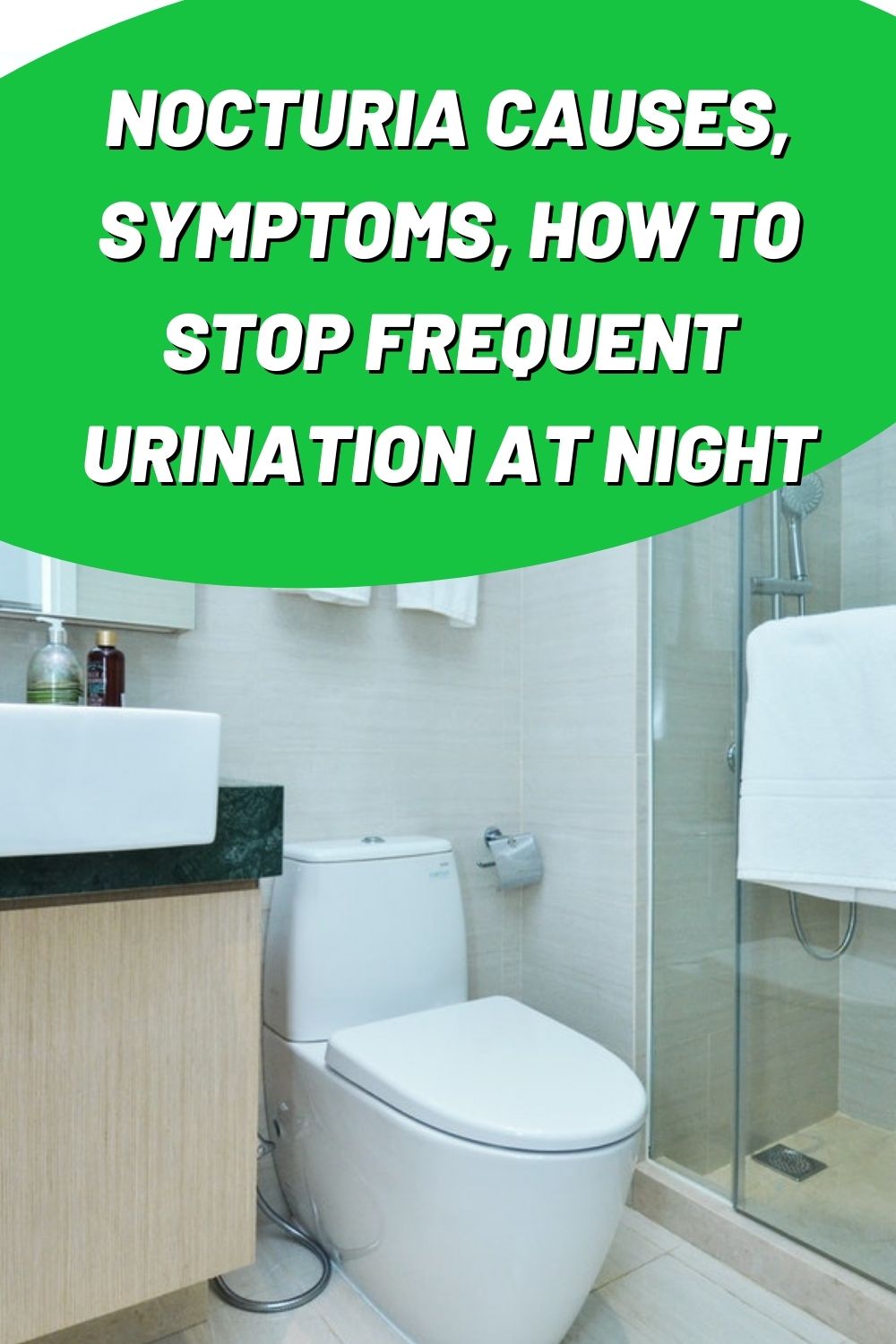
How to Stop Frequent Urination during Nighttime
Nocturia is typically caused by an underlying condition that needs to be diagnosed by a doctor who can provide the appropriate treatment options. When the underlying condition is dealt with, your nocturia should resolve or lessen.
However, in cases where this doesn't work, there are strategies that you can use to prevent frequent nighttime urination.Restriction of Fluid Intake
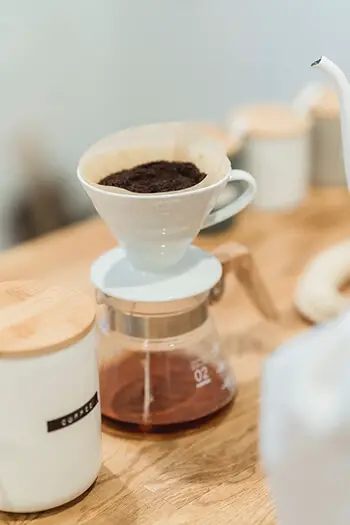
Restricting fluid intake, especially in the late hours of the evening, can help with nocturia. When your bladder is full, you'll wake up with an urgent need to use the bathroom. By restricting your fluid intake, it's less likely for your bladder to be holding too much fluid during the night, allowing you to get the full uninterrupted six to eight hours of sleep.
You should also avoid caffeine and alcohol, specifically because of their diuretic properties. These beverages will make it more likely for you to need the toilet. Other fluids that should be avoided are those high in sugars, such as juices, as well as some herbal teas, such as dandelion and hibiscus. The goal with restriction of fluid intake is to produce less urine in the evening hours.
Increased Urination During The Day
While it may seem counterintuitive to drink more during the day, timing diuretics consumption correctly can help empty your bladder and make it more likely that you get a full night's rest. By using water pills, you can increase urine output during the day and prevent the need to urinate at night.
This may help if the nocturia is caused by habit formation. By creating a different bathroom habit, especially one where there is frequent urination in the day, the cycle of nocturia can be broken and replaced with a more manageable habit.
Forming a Healthy Lifestyle

Excess fat may press against the bladder, causing an increased need to use the restroom. While this is one of the more unlikely causes of nocturia, a healthy lifestyle will prevent some of the underlying conditions that cause nocturia in the first place.
Eating a balanced diet, exercising regularly, and sleeping six-to-eight hours a night are all important for overall well-being. Nocturia disrupts our sleep, so it's important for people struggling with this to be pursuing a healthy lifestyle and avoid developing more conditions.
Compression and Elevation
Using compression stockings is a great way to redistribute the fluids within the body, helping to urinate earlier in the day and stop excess urination at night. Use compression stockings in the afternoon and elevate your legs in the evening. This will help prevent fluid retention in the lower half of the body, which directly relates to nocturia.
Medication
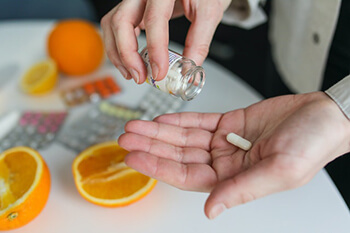
Medication may be needed to treat the underlying causes of your nocturia. For people suffering with low estrogen, an enlarged prostate, diabetes or other illnesses, medication may be the best way to treat nocturia. It will help prevent frequent urination at night, and treat other symptoms you may be experiencing as well.
It goes without saying that before taking any medication, it's important to consult with your doctor.
In Summary
Nocturia should be treated by limiting fluid intake in the evenings, using compression to evenly distribute fluids in the body, habit-changing, and treating underlying conditions. While nocturia is incredibly inconvenient, because it's not painful, you may not speak to your doctor about frequent urination at night. It's worth checking in with a health professional if the advice in this guide doesn't help, or you're dealing with an underlying condition.
It's important to avoid caffeine and alcohol if you have nocturia, and treat your sleep disruption to avoid developing sleep disorders. Be sure to not drink too much water before bed, and limit diuretics to mornings only. If you only urinate once per night, you don't have nocturia, but you should still keep a close eye on your bathroom habits if this becomes a regular occurrence.
Small lifestyle changes are the best way to treat nocturia, and it should be easy to slowly implement these changes over a slow period of time. If you're uncertain, talk to your doctor about how to change your lifestyle to help with nocturia symptoms.

